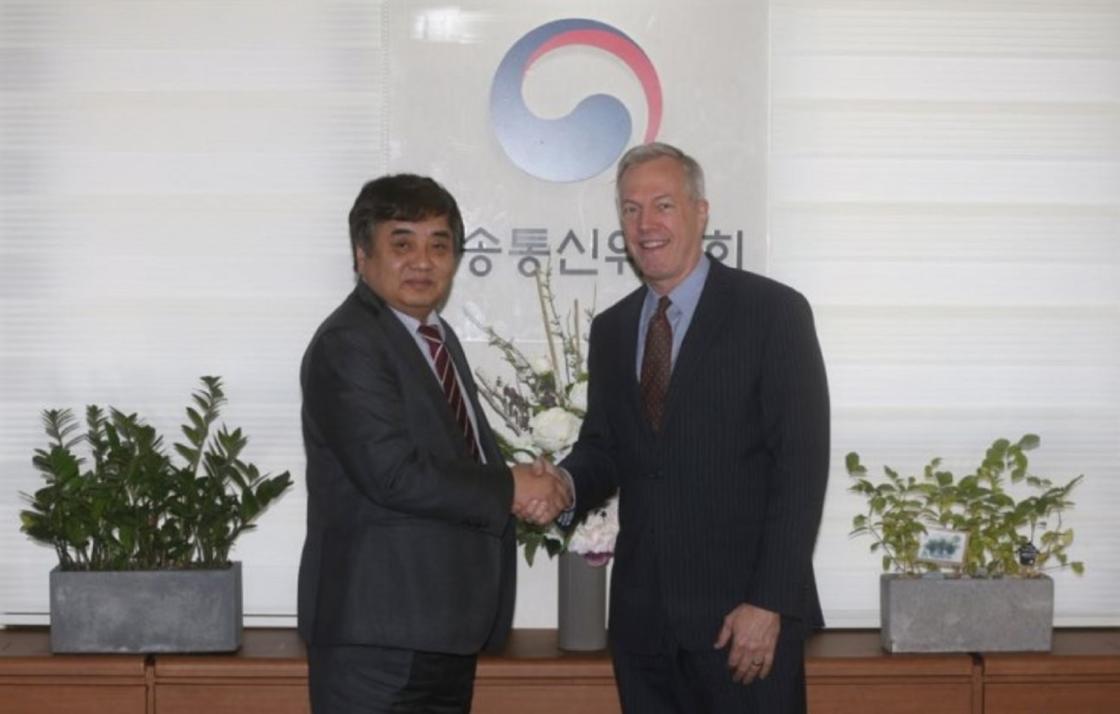Industry officials said on Friday that the government’s guidelines on network fee contracts raised doubts of its effectiveness from both content providers (CPs) and internet service providers (ISPs). The providers claim that the guidelines are ambiguous on whether they will encourage fair agreements on how to share data traffic costs between the two parties.
Korea Communications Commission (KCC) unveiled a draft of the guidelines during a public hearing held on Thursday at the National Assembly.
KCC presented the regulations amidst the growing controversy that global CPs such as Google and Netflix profited largely from having a “free ride” on networks established by local ISPs, while domestic IT companies such as Naver and Kakao pay the fees regularly.
The commission stated that it accumulated thoughts and ideas from various industry figures and scholars for the past year to prepare the draft to aid CPs and ISPs to guarantee the fairness of network fee contracts.
The guidelines enforce a duty of fairness and good faith between each party.
The KCC consulted with the Ministry of Science and ICT to complete the guidelines within the year.
However, ISPs such as KT, SK Broadband, and LG Uplus are calling for the government to contain more definite clauses in the guidelines demanding CPs to share responsibilities in ensuring quality network connections for consumers.
An official from a telecommunications company stated, “CPs surely need to share network use fees as their data-heavy services generate significant network traffic.” The official added, “Institutional basis for this should be in place.”
CPs, on the other hand, are opposing the creation of the guidelines, claiming that the government’s intervention is not appropriate. The CPs said that it is the job of private companies to sign network fee contracts.
Meanwhile, Korean CPs are raising concerns that the guidelines are not legally binding and will only target local companies and eventually worsen their difficulties along with the already intensifying competition with global IT giants.
A local IT company official said, “There will be no way of regulating global enterprises even if they do not comply with the guidelines.”
The government said that they would provide a sound basis whenever a dispute occurs between local ISPs and global CPs, trying to remove concerns over the efficiency of the guidelines.
Pan Sang-kwon said, “The guidelines will be applied to both domestic and global CPs. Though the guidelines are not legally binding, they can become criteria in interpreting laws and ordinances.” Pan Sang-kwon is a director of the consumer policy coordination division at the KCC.







